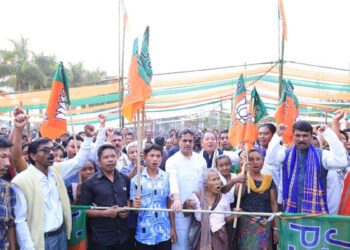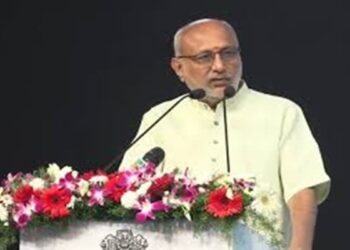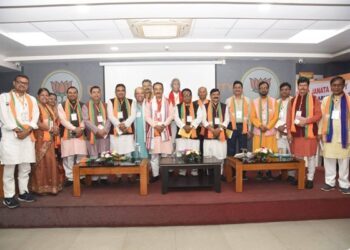The Madras High Court has ruled that a person who voluntarily marries under the Indian Christian Marriage Act effectively renounces their native religion and cannot thereafter claim the benefits associated with that religion, including Scheduled Caste (SC) status if they were originally Hindu.
The decision came in a case involving the Chairman of the Theroor Town Panchayat in Kanyakumari district, who was facing disqualification due to questions over his eligibility to contest from a constituency reserved for Scheduled Castes. The petitioner had argued that the Chairman, though born into a Hindu Scheduled Caste family, had married under the Indian Christian Marriage Act and was therefore no longer eligible for SC reservation under the Constitution.
Justice L. Victoria Gowri, presiding over the matter, upheld this argument. The court noted that the Indian Christian Marriage Act applies only to individuals who identify as Christians, and a voluntary choice to be governed by it amounts to an open declaration of the Christian faith. “When a person willingly submits to the provisions of the Indian Christian Marriage Act, it is a conscious act of renouncing the Hindu religion,” the judge observed.
The court further held that Scheduled Caste status is intrinsically tied to the practice of Hinduism, Buddhism, or Sikhism, as specified under the Presidential Orders issued under Article 341 of the Constitution. A conversion to Christianity or voluntary adoption of Christian personal laws, such as through marriage, breaks this connection, thereby disqualifying the individual from availing of the SC status and related reservation benefits.
In this particular case, Justice Gowri declared the Chairman’s election null and void, ruling that his Scheduled Caste certificate was no longer valid after his marriage under Christian law. Consequently, he was disqualified from holding the reserved post in the local body election.
This judgment sets a significant precedent regarding the intersection of religious identity, personal law, and constitutional benefits. It reinforces the legal position that caste-based reservations are meant exclusively for members of SC communities who continue to practice the eligible religions, and that conversion or legal adoption of another religion’s personal laws could result in a forfeiture of those benefits.
The ruling is likely to have wider implications, especially in regions like Tamil Nadu and Kerala where interfaith marriages are not uncommon. Legal experts suggest that it highlights the importance of clearly establishing religious identity in cases where constitutional entitlements are in question.
















